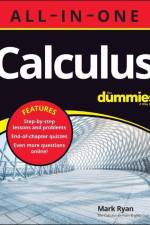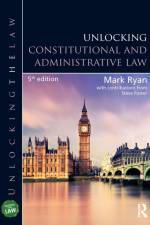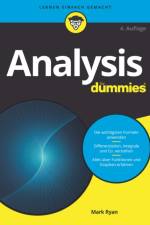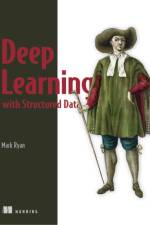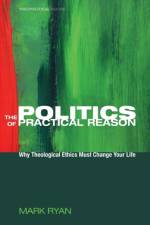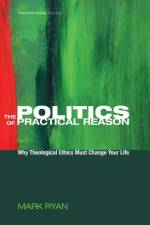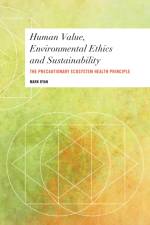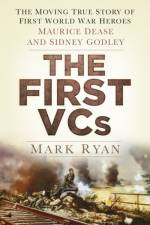av Mark Ryan
371
Description:Ought we conceive of theological ethics as an activity that draws from a community''s vision of human goodness and that has implications for the kind of person each of us is to be? Or, can students of the discipline map the ethical implications of what Christians confess about God, themselves, and the world while remaining indifferent to these claims? Habituated by modern moral theories such as consequentialism and deontology, Mark Ryan argues, we too often assume that Christian ethics makes no claim on the character of its students and teachers. It is rather like yet another department store within the shopping mall of ideas and ideologies to which advanced education provides access. By arguing that theological ethics is an activity by nature ""political,"" the author endeavors to show us that to do Christian ethics is to be habituated into ways of talking and seeing that put us on a path toward the good.The author thus affirms the claim that theological ethics is a life-changing practice. But why is it so? This book endeavors to display a philosophical basis for this claim, by articulating the political character of practical reason. Through rigorous conversation with G. E. M. Anscombe, Charles Taylor, Stanley Hauerwas, Alasdair MacIntyre, and Jeffrey Stout, Ryan provides an account of practical reasoning that enables us to rightly conceive theological ethics as a discipline that ought to change our lives. Endorsements:Drawing on Elizabeth Anscombe''s significant account of practical reason, Mark Ryan illumines not only my work but how theologians must reason to make clear the truthfulness of the claims we make as Christians. This is an extremely important book, which hopefully will receive the attention it deserves. Few are able to negotiate these philosophical waters with such clarity.""-Stanley HauerwasGilbert T. Rowe Professor of Theological EthicsDuke Divinity School""This book is as discerning as its title. By way of a critical study of Jeffry Stout''s Democracy and Tradition, author Mark Ryan offers a surprising defense of the theopolitical thinkers Stout often criticizes: Hauerwas and MacIntrye. The defense is surprising because it takes its measure not from postliberal theology but from the claim of analytic philosopher Elizabeth Anscombe: that ethics is mere speculation unless it speaks to the realities of human desire. By this measure, argues Ryan, Hauerwas''s Christian ethics may win reason''s trust and philosophic ethics may lose it.""-Peter OchsBronfman Professor of Modern Judaic StudiesUniversity of Virginia""We have long lacked a guide for the philosophical background of Hauerwas''s thought, especially as it comes from the work of idiosyncratic anglophone philosophers like Elizabeth Anscombe, Iris Murdoch, and Charles Taylor. Now Mark Ryan has offered us one such guide, and a generous and insightful one at that. The book represents a new step into philosophical seriousness for those of a Hauerwasian persuasion. Offering a ''non-reductive understanding of politics'' as the context in which to see how practical reason becomes what it aims to be, Ryan shows us how Hauerwas''s ethics is actually also a politics. His provocative but charitable critiques of Charles Taylor, Gloria Albrecht, and Jeff Stout help flesh out how Hauerwas''s work is both engaged with and distinct from some of his sharpest interlocutors.""-Charles MathewesAssociate Professor of Religious StudiesUniversity of Virginia""Mark Ryan''s The Politics of Practical Reason is a thoughtful, insightful, and timely book, patiently illuminating the importance of formation as a central yet overlooked aspect of ethical deliberation. Ryan highlights the virtues of Hauerwas''s embodied, storied, and social approach to ethics by reading him as taking up Anscombe''s challenge. By incisively articulating the limitations of Stout''s and Taylor''s alternatives, this book deepens the character of conversation regarding practical reason in religi





